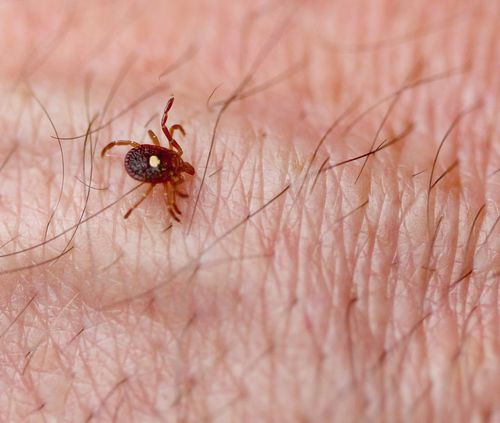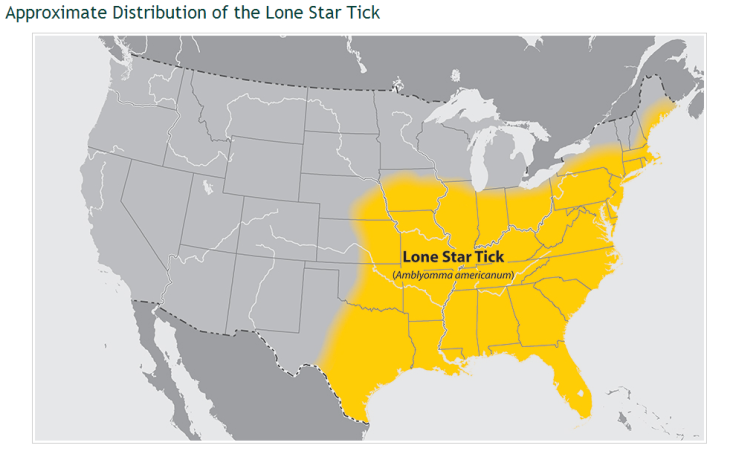Victims Of 'Lone Star' Tick Bites Are Developing Severe Allergies To Red Meat

Lyme disease is a well-known tick-borne illness, but have you ever heard of someone developing an allergic reaction to meat after a tick bite? It's not so common, but it’s happening around the globe.
Doctors are diagnosing patients with a red meat allergy after being bit by the ‘Lone Star’ tick. The Lone Star tick, named for Texas, may have started causing this problem over a decade ago, but was first linked to meat allergies in 2011. Researchers think some other types of ticks might also cause meat allergies; cases have been reported in Australia, France, Germany, Sweden, Spain, Japan and Korea, cited the AP.
Dr. Erin McGintee, an allergy specialist who has seen nearly 200 cases over the last three years in Long Island said, “Why would someone think they’re allergic to meat when they’ve been eating it their whole life?” What’s interesting about this particular allergy is that symptoms may not occur right after consuming the meat, but possibly many hours later.
Hours after eating a hamburger, 63-year-old Louise Danzig stated, “I woke up with very swollen hands that were on fire with itching.” She also noted she felt her lips and tongue swelling and before making a call for help, was losing her ability to speak. Another bite victim, 71-year-old Georgette Simmons, went to a steakhouse for dinner and reported waking up the next morning with her body on fire and covered in hives. A few weeks later, she had another steak dinner and hours later woke up “almost hysterical” with more severe symptoms.
Patients are being treated with antihistamines to ease itching or epinephrine shots in more severe cases. Doctors are unsure if the allergy is permanent, but even if it’s not, additional bites can bring the allergy back. Lone Star ticks are mainly found on white-tailed deer residing in southeastern and eastern United States. To see exactly where the Lone Star ticks call home, view the map below.

On their website, the CDC notes, “This map is not meant to represent risks for a specific tick-borne disease, because disease transmission is influenced by multiple factors beyond mere tick presence. This map has been designed to answer the question, ‘What ticks should I be concerned about at a regional scale?’”
Fortunately, not all tick bites will result in a meat allergy, but there are other tick-borne illnesses to be aware of. If you have a tick, it should be properly removed as soon as possible. Furthermore, if you experience a fever, chills, aches and pains, or a rash after being bit by a tick, see a doctor immediately.



























